Vitamin D3 125 mcg (5000 IU) SupplementBest Seller
Many individuals don’t get enough vitamin D from sunlight or through diet. Vitamin D3 form of Vitamin D Supplement for better absorption.
Subscribe and Save!
$25.63FREE SHIPPING ON 2+ BOTTLES
One-time Purchase
$26.98In stock
Vitamin D 125 mcg (5000 IU)
|
||
|---|---|---|
| Serving Size: 1 softgel Servings per Container: 120 |
||
| Ingredients | Daily Amount |
% Daily Value* |
| Vitamin D-3 (as cholecalciferol) | 125 mcg (5,000 IU) | 625% |
*Percent Daily Value for Adults and Children 4 or more years of age.
Other ingredients: Olive oil, gelatin, glycerin, and purified water.
![]()
![]()
Gluten-free, Non-GMO.
While we strive to ensure the label information on this site represents the label on the product available for purchase, products are updated from time to time. Please consult the label on the product you purchase for the most accurate ingredient and allergen information.
SKU: 816899000133
Item#: 257
Formula#: 80005529 V0121

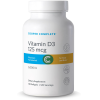
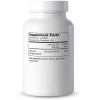
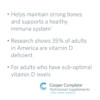
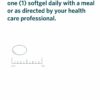
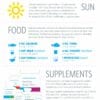


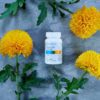
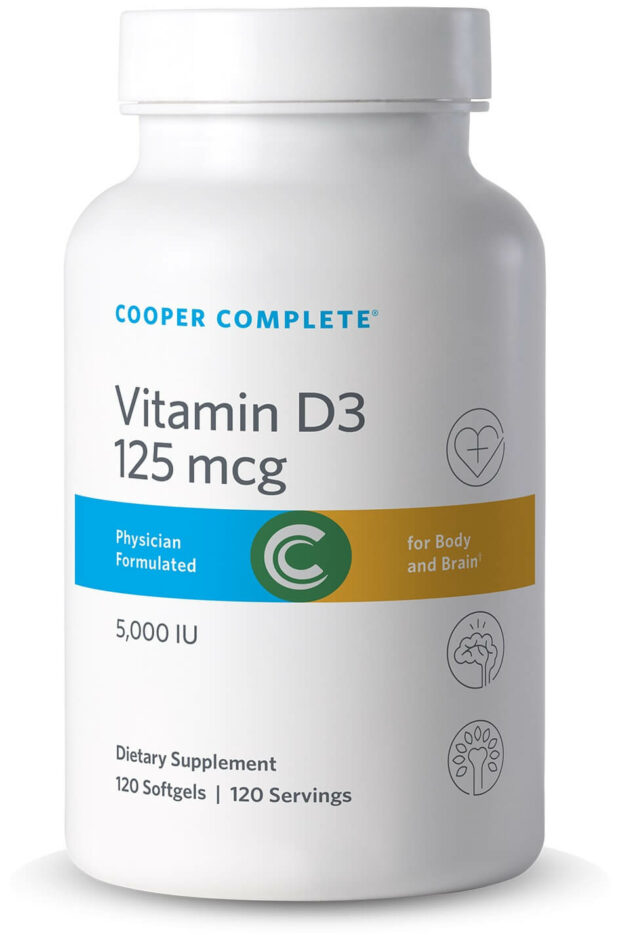
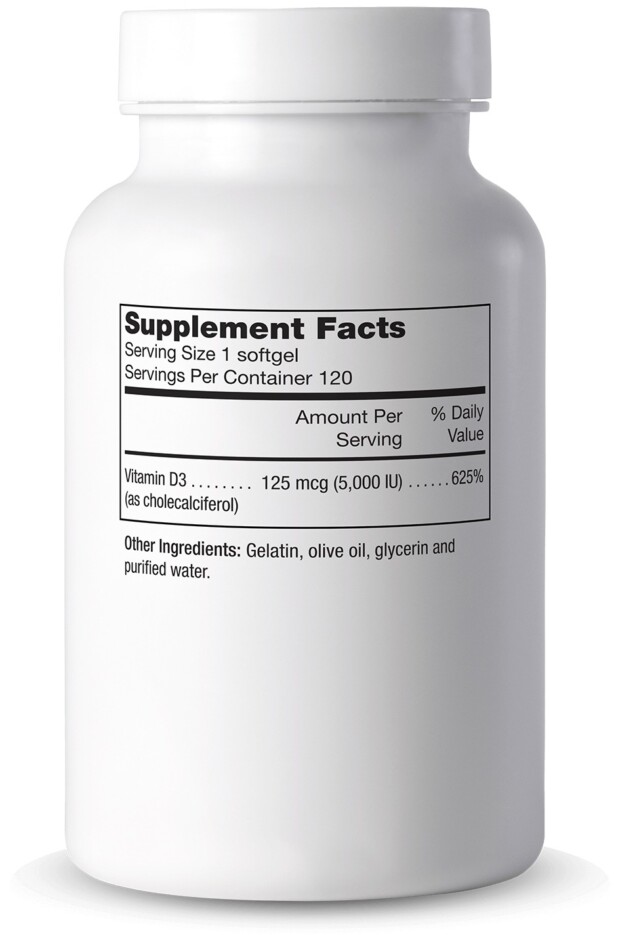


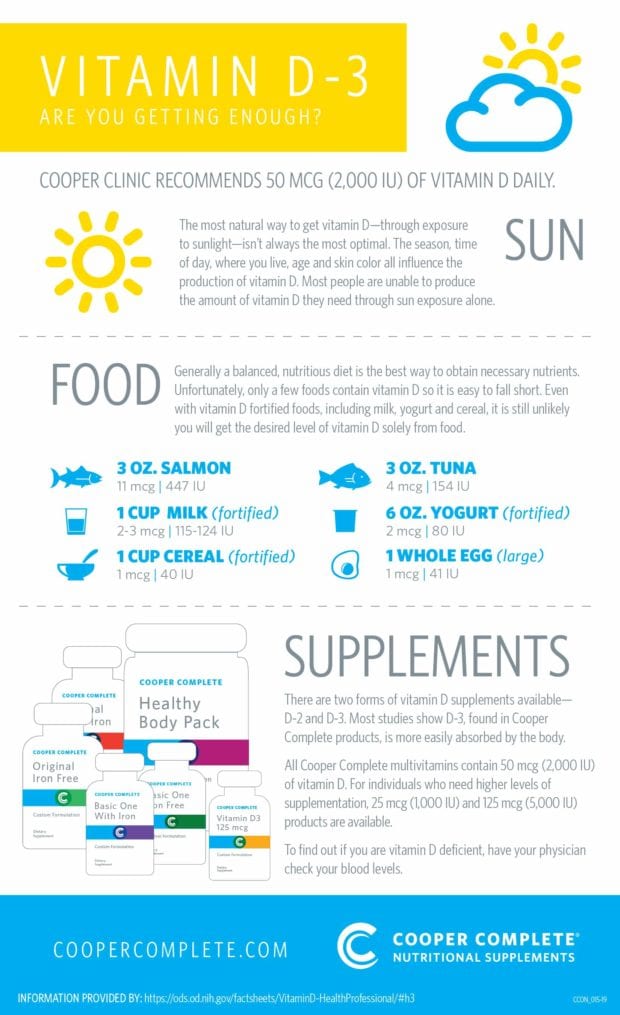



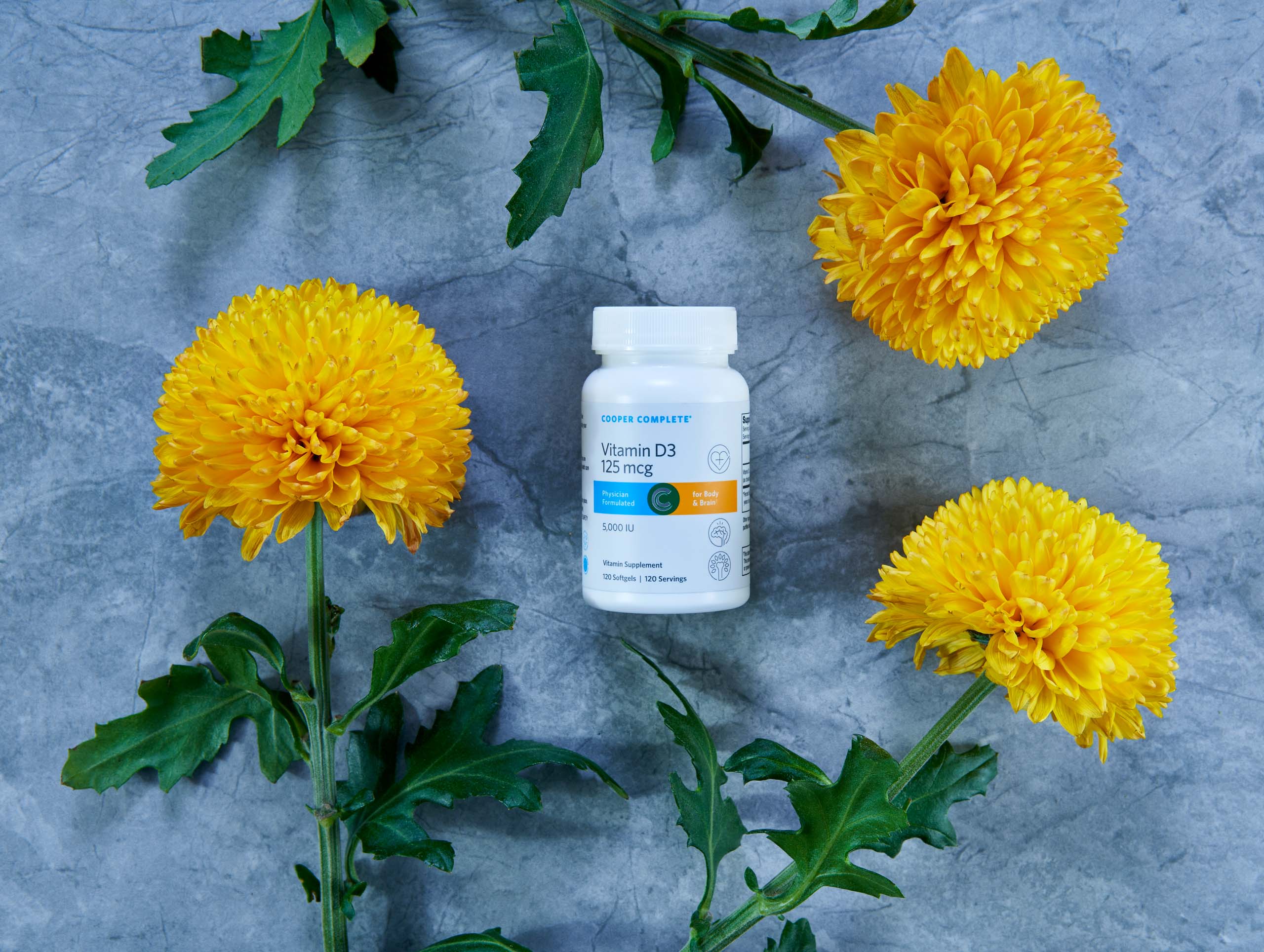
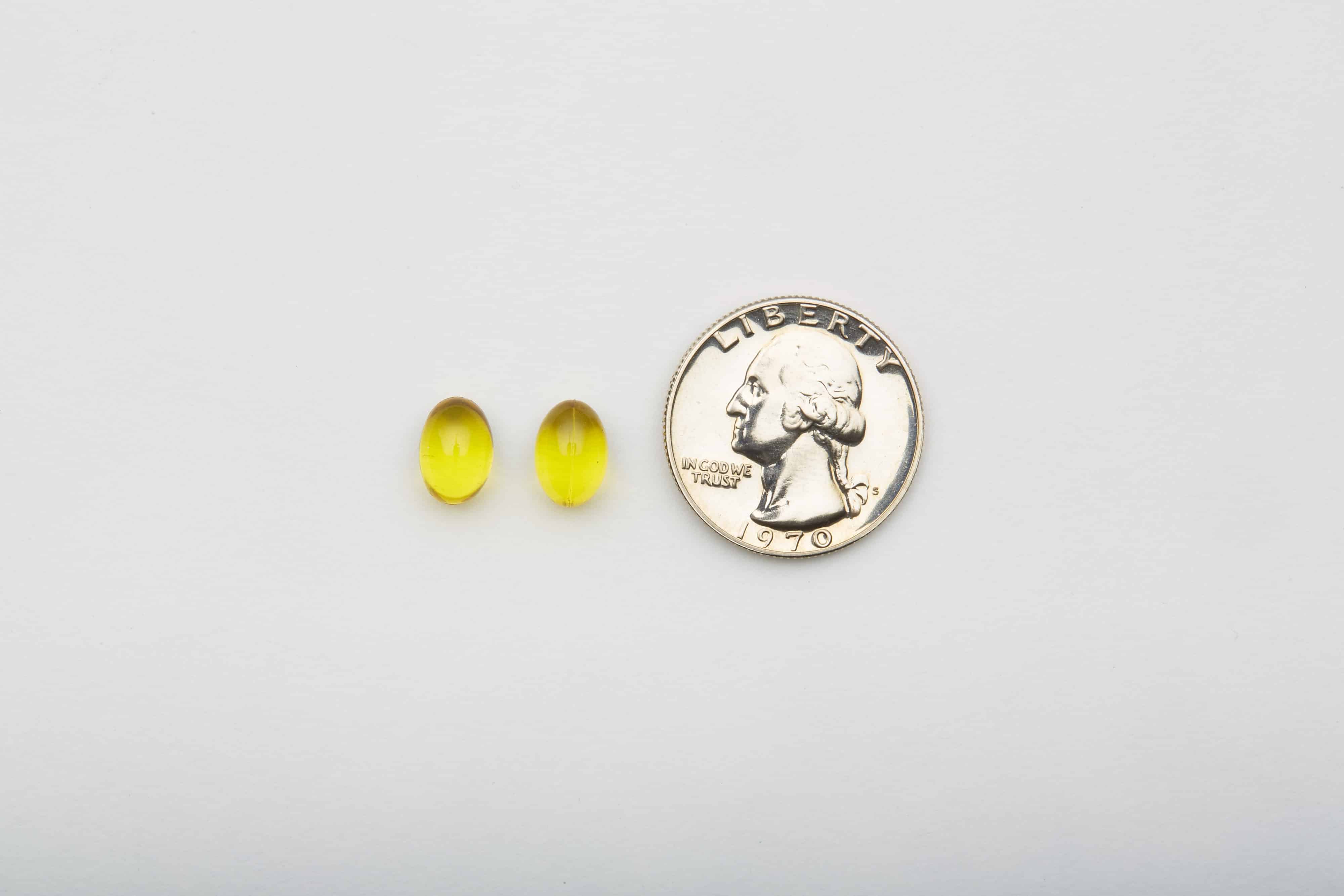
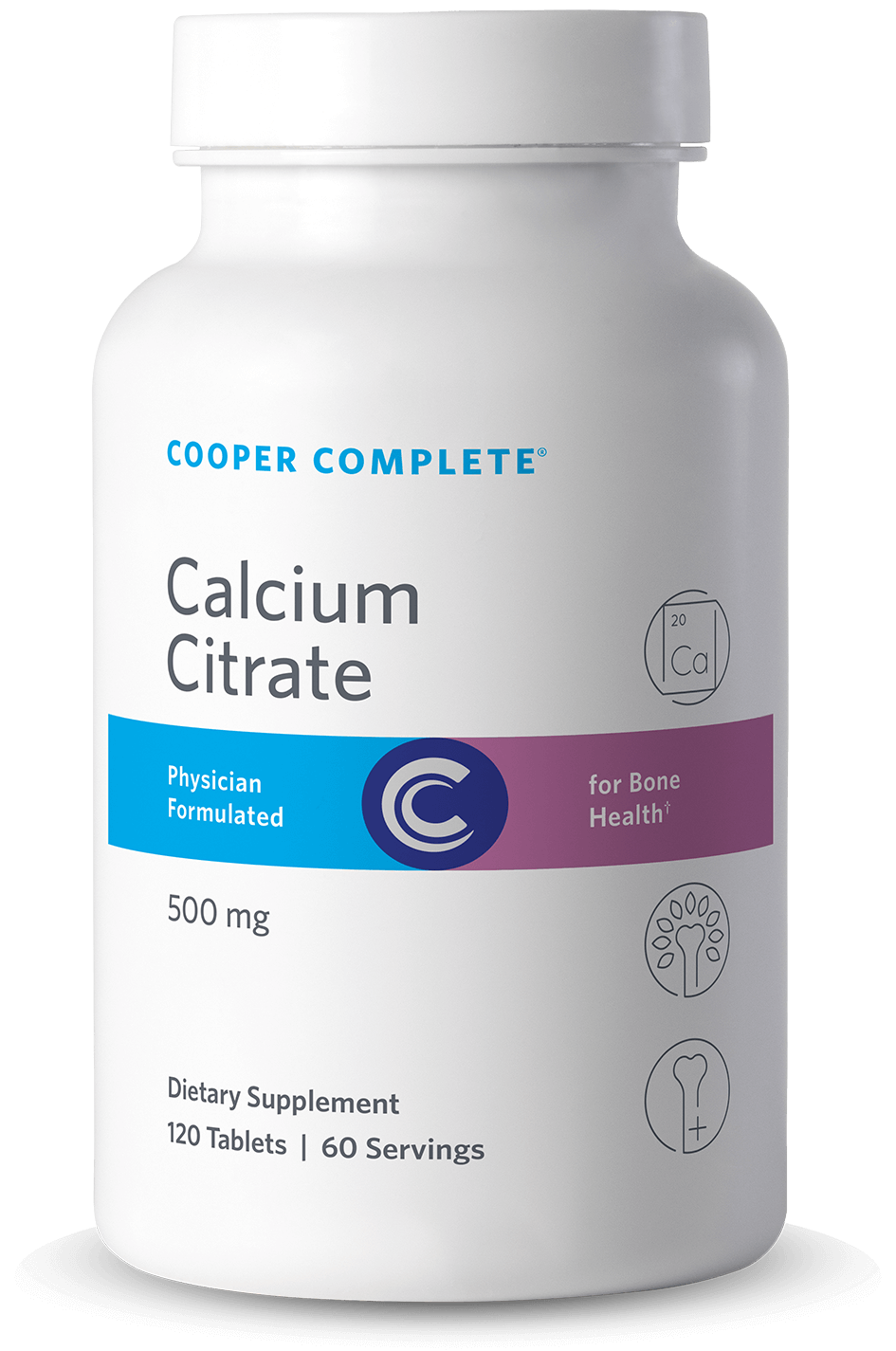
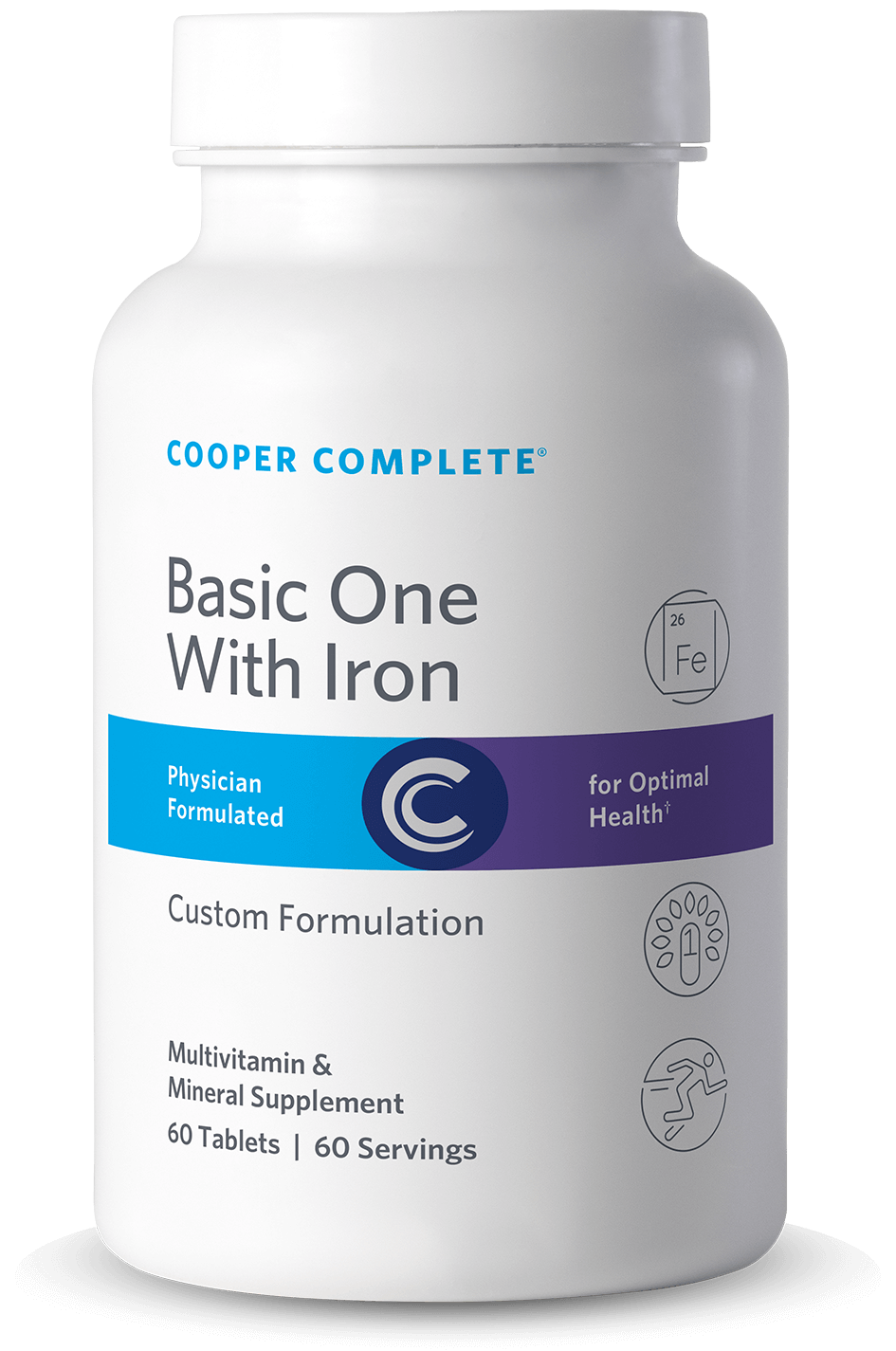
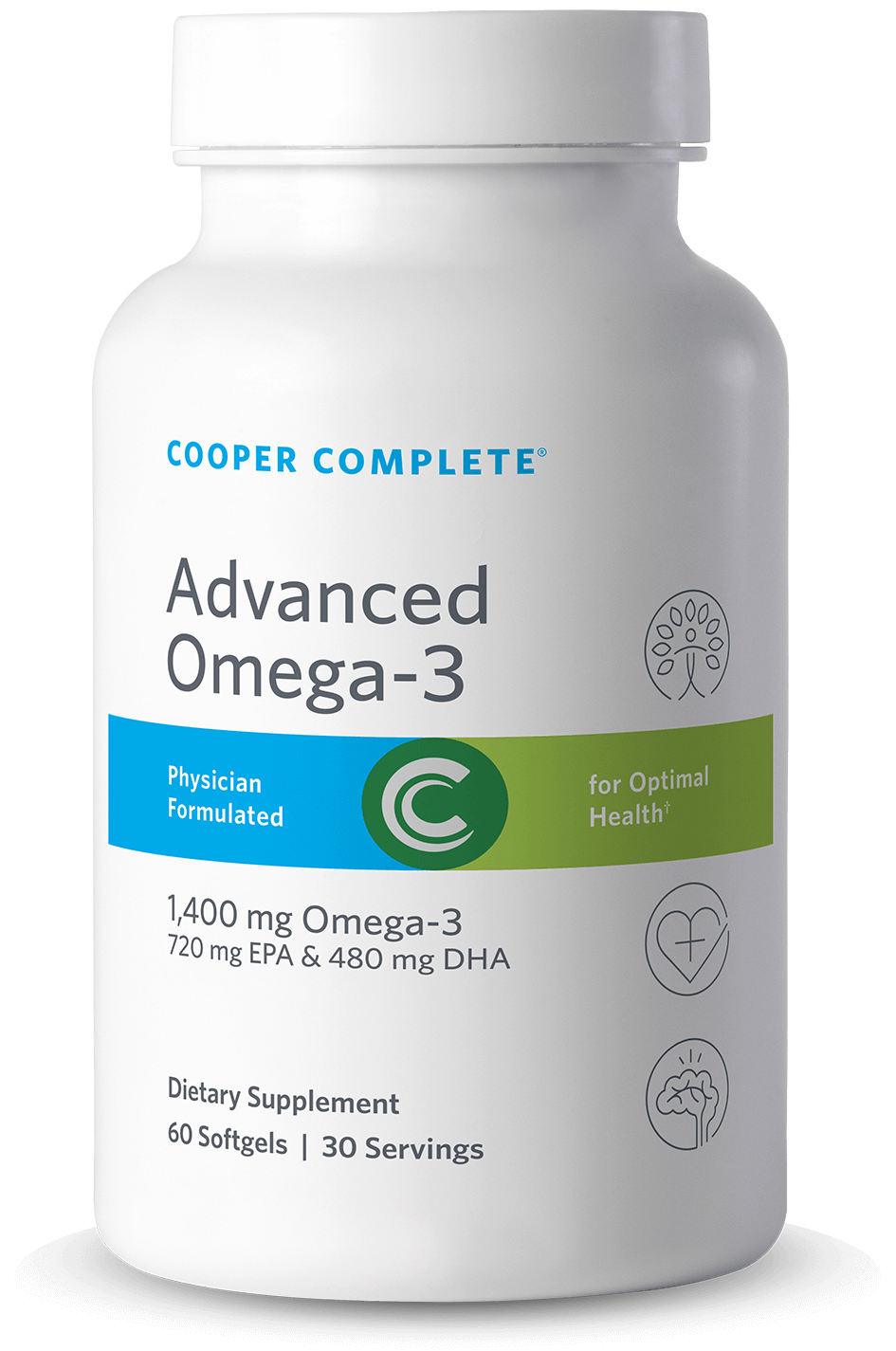
Due to multiple medical issues, my doctor recommended I take vitamin D. Once researched, I could not be happier with Cooper Complete. The service and communication are excellent, and the product is the real deal with the finest ingredients. I’m a very happy customer. Thank you!!!!
Daniel Edmonson verified purchase
Having been a customer of Cooper Complete, when information was put forward regarding the effect of Vitamin D on the COVID-19 virus, I decided to order. Great product, easy to take, and Cooper Complete can be trusted, unlike other products.
Gloria